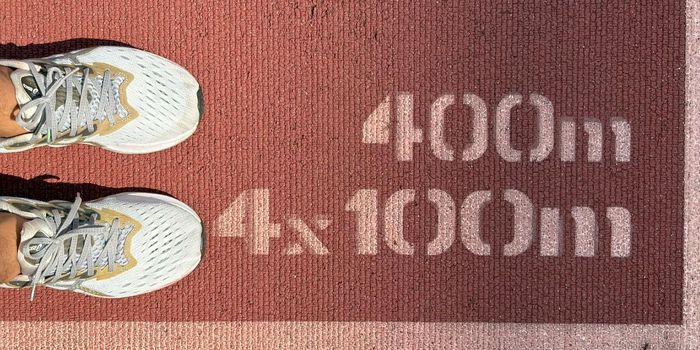Examining a Possible Link Between Atherosclerosis and Inflammation
The immune system’s primary duty is to protect the body from dangerous invaders. Many don’t know that it also has other basic tasks. One task is the inflammation response, which is both a blessing and a curse.
The inflammation response occurs in areas of damaged tissue. The cells begin to recruit immune cells that remove the damaged or dead cells in the area to prep the area for recovery. Unfortunately, this inflammation can damage the site even further, which occurs quite often in cardiovascular disease.
Atherosclerosis is a cardiovascular disease that occurs when fats build up and create deposits (called plaques) in blood vessels. These deposits block the natural flow of blood in the vessel and eventually cause various heart issues. Inflammation can make the blockage even worse, increasing the risk of patients experiencing an adverse cardiac event.
In a new study, a team from Orebro University in Sweden wanted to examine how inflammation and atherosclerosis might be related. They focused on a protein called CARD8 (caspase recruitment domain 8), which has been shown to overexpress in atherosclerosis plaques. Other studies have linked CARD8 to various inflammatory proteins, so the team wanted to examine its role in atherosclerosis and determine if CARD8 dependent inflammation might aggravate the disease.
The team began by examining blood vessels’ tissue with and without atherosclerosis to see how CARD8 levels compared. While CARD8 was present in healthy blood vessels, blood vessels with atherosclerosis had greater levels and had a higher degree of inflammatory immune cells present. The team then knocked out CARD8 in some representative cells and saw that without CARD8, several inflammation-related proteins were downregulated. This finding inferred that CARD8 plays a role in the regulation of inflammation.
This study showed that CARD8 seems to have a role in the regulation of many inflammatory proteins. Separate studies have shown that some of the regulated proteins have a role in atherosclerosis formation. The study lacked an animal model, so, unfortunately, they could not identify if the loss of CARD8 could alleviate atherosclerosis.
The study concludes, “The present study suggest a possible role for CARD8 as a novel mediator of inflammation in atherosclerotic lesions.”
Sources: Nature Scientific Reports, khanacademymedicine









